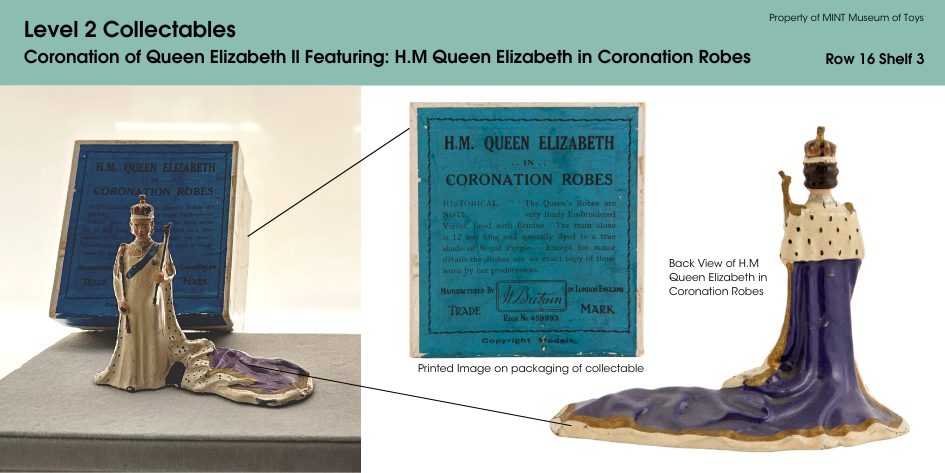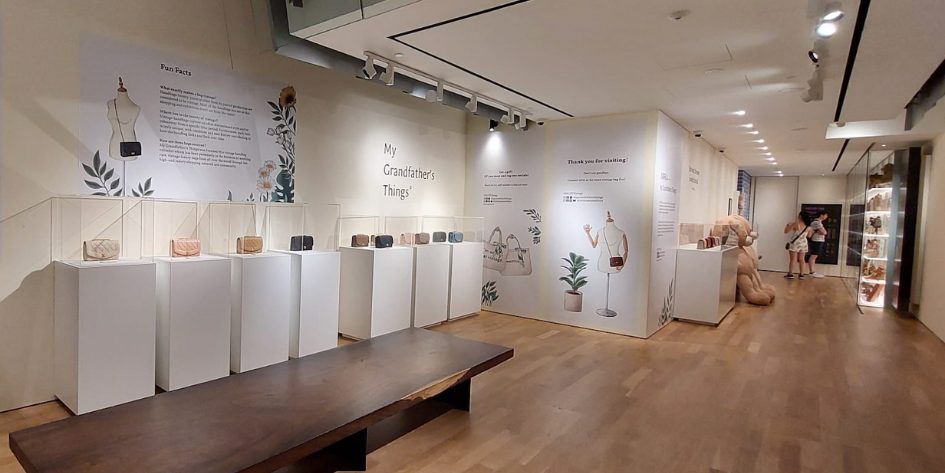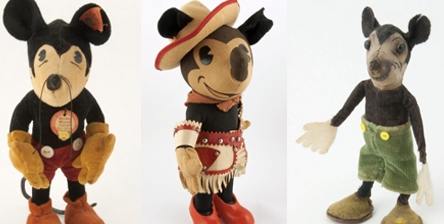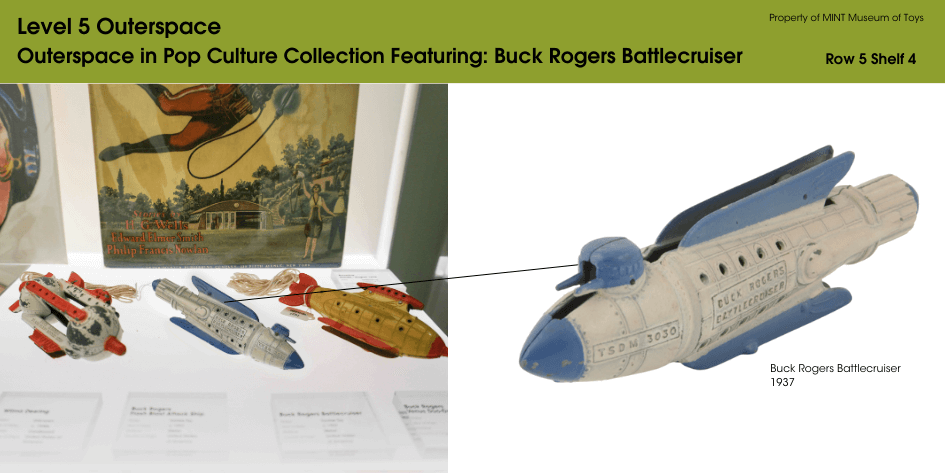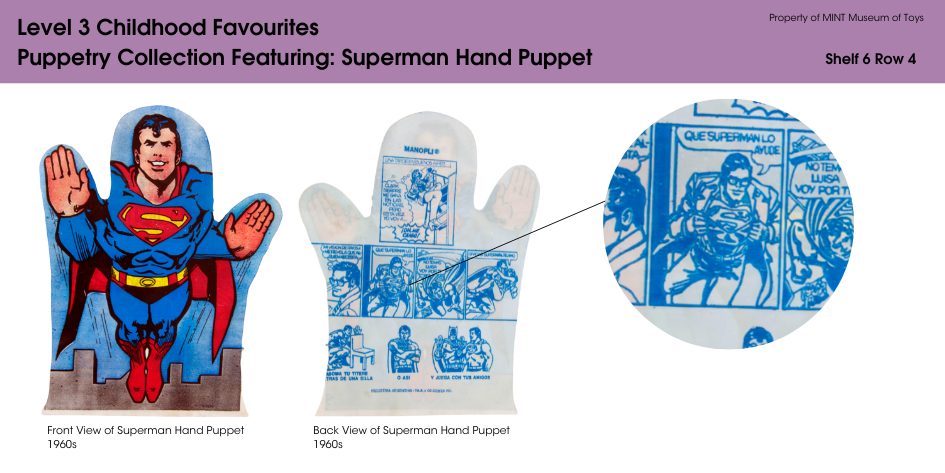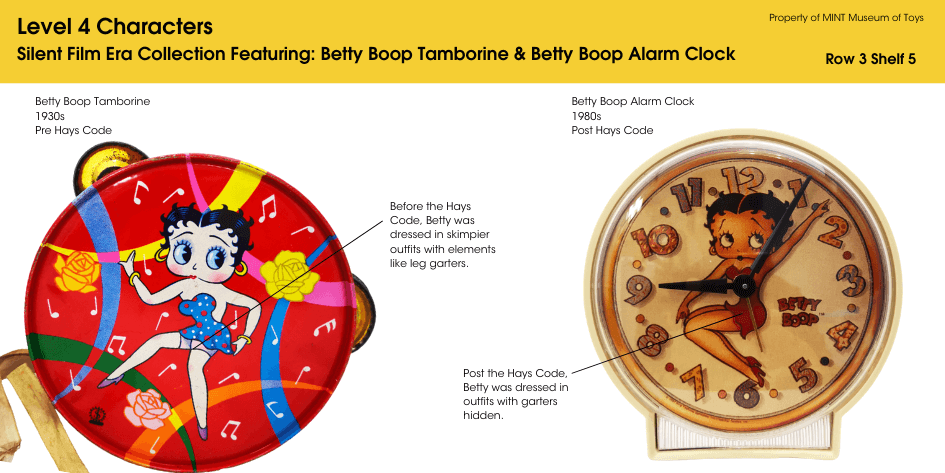Traditionally, toys came in recognisable forms but tended not to be tied to a specific character or franchise until the 20th century. For example, toy dolls have been present in culture for millennia but it wasn’t until the 1960s that the Barbie doll emerged as a doll franchise. This paradigm shift towards commercialisation and merchandising started during the 1930s, when the comic book and animated media industries began to gain worldwide popularity as a whole new form of entertainment for children and youth.
Of all the characters that would emerge during this era, one of the most popular ones is still dominating toy shelves today: Mickey Mouse! Following the commercial success of the cartoon character, many toy makers jumped on the bandwagon and fought for the license to produce Mickey Mouse toys. The commercialisation and merchandising of Mickey Mouse alone has transformed into a multi-million merchandise and turned him into a staple icon across a variety of toys and other products and media.
While some vintage Mickey Mouse toys look vastly different from the Mickey Mouse memorabilia you can see in stores today, they hold the same interest and joy for kids and collectors alike. Almost 100 years on from when these toys were first produced, Mickey Mouse (and the ensuing plethora of Disney characters and franchises to follow) have become some of the most famous, recognisable, and beloved characters in the world.
Here are just 3 vintage Mickey Mouse collectibles that were produced during this time:
1. Mickey Mouse Talkie Jector

Maker: Talkie Jector Company
Year of Make: c. 1930s
Material: Metal
Country of Origin: United States of America
A Talkie Jector was a vintage toy that combined a phonograph (Talkie) and a miniature movie projector (Jector). Powered by a mechanical motor, this remarkable piece of metal memorabilia shows us the past of both Mickey Mouse as well as the history of film.
Paper strips called Movie-Jectors (or Movie-Jecktors) could be fed into the Talkie Jector while the crank on the side of the machine was turned. The drawings on the strips could be projected onto a flat surface, allowing kids to ‘watch’ the stop-motion-esque movie that emerged. Though this is a far cry from the video-on-demand services of today, it was almost revolutionary at a time when the cinema industry was still in its early years.
As this particular Jector came with an attached ‘Talkie’, accompanying records sold with the set could be placed onto the phonograph to play music simultaneously. This marked the beginning of films being able to be brought into the home – making this a testament to the draw and popularity of cinema even a century ago. Today, a valuable Talkie Jector collectible such as this could sell for thousands on online auction sites.
2. Mickey Mouse Hurdy Gurdy

Maker: Johann Distler (J.D.N.)
Year of Make: c. 1930s
Material: Lithographed Tin
Country of Origin: Germany
Value (USD): 35,000
A hurdy-gurdy is a mechanical string instrument which produces sound by rubbing a wheel against its strings. A hand-crank is manually turned in order to play the instrument, and the music produced is similar to the music of bagpipes. The hurdy-gurdy has been in existence since before the 11th century, but is not a common musical instrument today. Some of you might recognise it from the 1968 song “Hurdy Gurdy Man” by Donovan, but it is primarily used for European folk music today including Occitan, Hungarian, and Slavic folk music.
To activate this vintage Mickey Mouse Hurdy Gurdy toy, a mechanism is wound by hand. When released, Mickey begins to push the hurdy-gurdy while turning the crank to play the instrument. As Mickey ‘plays’, the Minnie Mouse figurine standing on top of the hurdy-gurdy moves and dances along with the music.
3. Mickey Mouse Magazine – October 1936 Edition

Maker: Kay Kamen Ltd.
Year of Make: 1936
Material: Paper
Country of Origin: United States of America
When one thinks of Disney executives, names like Bob Iger, Michael Eisner, or yes even Walt Disney come to mind. But many other notable individuals have played a crucial part in the rise and success of the Disney company and its characters – one of whom was Herman “Kay” Kamen. Kamen was a merchandising executive in the 1930s who worked on promoting Mickey Mouse. His firm (Kay Kamen Ltd.) had the licensing agreement for Disney merchandise until the 1950s, and many of their products would go on to become huge hits.
The Mickey Mouse Magazine was one of such successes. This vintage children’s comic book ran between 1933-1940 with a total of 60 issues. This October 1936 issue contained comics, poetry, and short stories which mentioned and promoted Disney toys and other merchandise available at the time.
See more vintage Mickey Mouse collectibles at the MINT Museum of Toys
The explosion in popularity of Mickey Mouse memorabilia was just the beginning. In the decades to come, pop culture and toys would become even more entwined, leading up to today’s pop culture and media environment where hit series and movies are almost always accompanied by their own toy collections.
Find out more about how these valuable vintage toys and collectibles have helped to shape history at Singapore’s MINT Museum Of Toys. Sign up for a museum membership to stay in the loop about the museum’s upcoming reopening, or follow us on social media for the latest updates.

